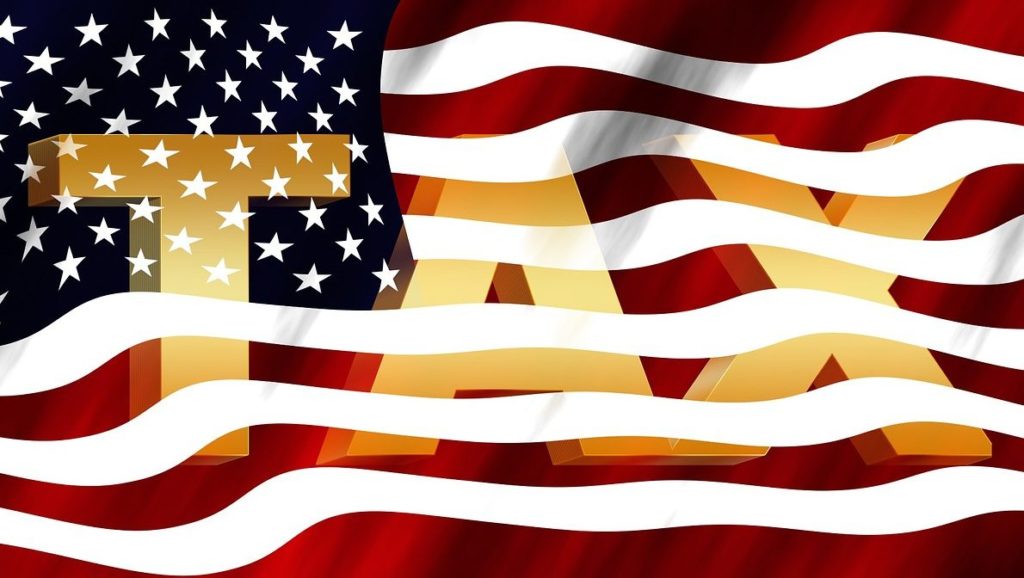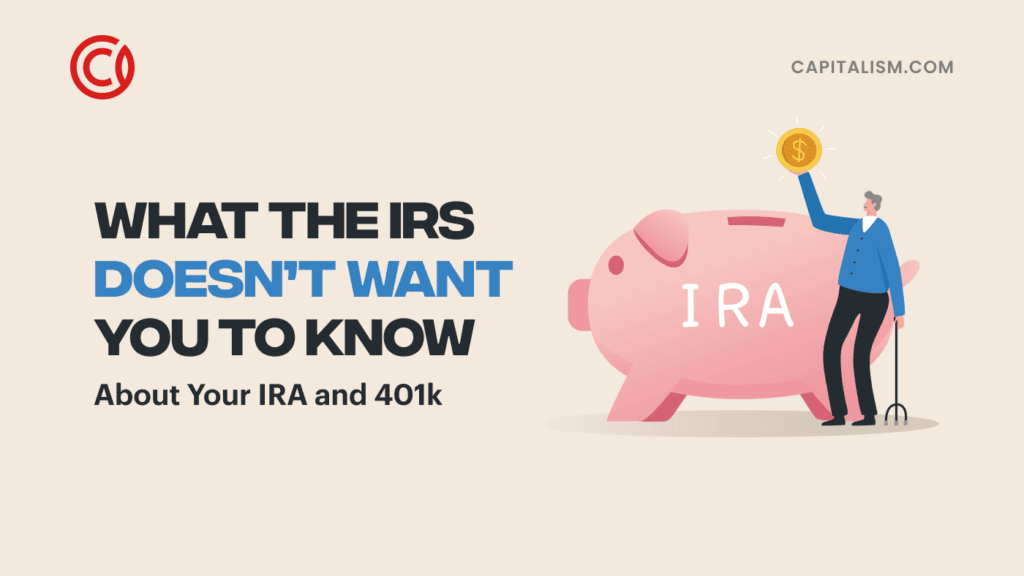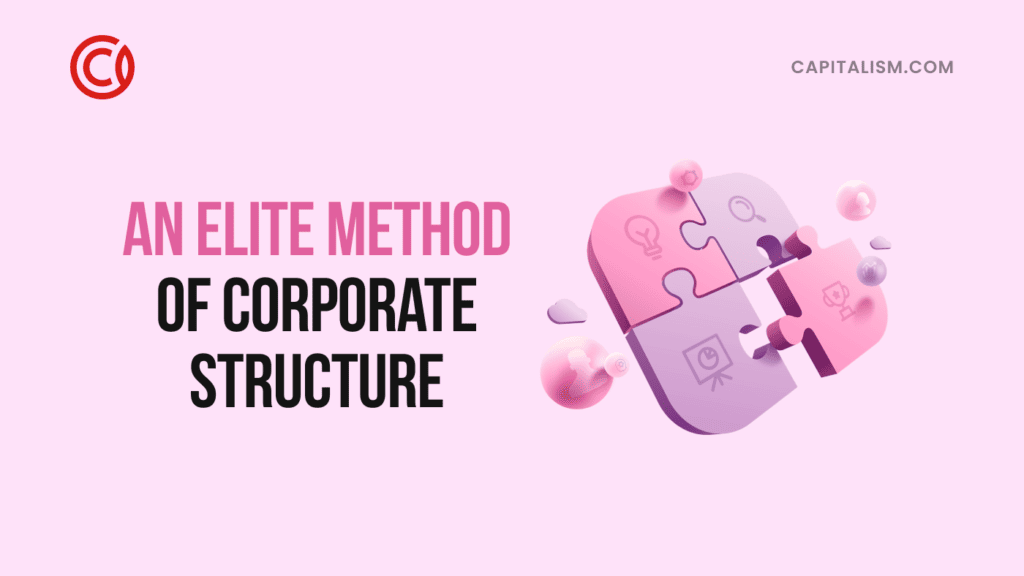One of the most effective ways to demean and undermine something is to paint a picture of that thing as something far worse than it is, so as to create an emotional reaction against it. Capitalism, unfortunately, is no exception to this rule. Critics of capitalism often use straw man fallacies to convince people of ideas like the system is rigged for the wealthy, or that businessmen are inherently greedy and will exploit consumers and workers at any and all costs. This mindset perpetuates certain myths in economics. One such myth is the concept of "Trickle-down economics".
First, it’s important to understand that there isn’t much of a definition for trickle-down economics. It, like socialism, seems to be so transparent and ambiguous that the definition changes from person to person. But, most seem to understand the concept as the practice of government providing subsidies in the form of tax breaks to wealthy individuals and large businesses with the expectation that the added business activity would necessarily trickle down to the middle and lower classes, thereby making everyone more prosperous.
The term "trickle-down" is usually used as ad hominem to describe the supply-side economics approach. Supply-side economics is the belief that the best way to increase prosperity in society, defined as rising wages and employment, is to increase production. And the best way to achieve the desired success is to keep tax rates low, specifically for the productive class.
Supply-side economics tends to parallel classical economics in that it emphasizes supply levels (hence the name), as opposed to the Keynesian and Malthusian approaches that focus on aggregate demand. But, it is the concept of giving massive tax breaks to millionaires and billionaires and expecting those tax breaks to magically increase incomes for the masses that progressives seem to despise about the approach.
Advocates for supply-side economics argue that they do not advocate for trickle-down. It is their argument that trickle-down as an economic strategy doesn’t exist at all. What it comes down to, it seems, is just a difference in perspective.
Conservatives and libertarians view taxation as government extracting money from the private economy, whereas progressives and socialists view taxation as money that government is rightfully entitled to or is owed.
This is why supply-siders see their policies as allowing people and companies to keep more of what they earn, whereas the anti-trickle-down crowd sees it as the government giving money away. Also, note that supply-siders do not simply favor reducing taxes for the wealthy. A major straw man argument often levied by progressives on this issue is the "tax cuts for the rich" argument. Supply-siders favor reducing everyone’s tax burden, not just the wealthy.
Now, let’s explore why trickle-down is a myth.
Opponents trickle-down economics oppose it generally because they see tax breaks for the wealthy as a net negative for society. They approach the argument with a zero-sum mentality that every dollar not taxed from a rich man due to a tax cut is in effect taken from the poor man’s pocket since the government has a reduced capacity to provide for that poor man. Providing subsidies in the form of tax breaks will only ensure that the wealthy become wealthier, without any expectation that the money will trickle down to the masses, they would argue.
Allow me to address the concept head on. Does wealth trickle down if given to the wealthy? If you are expecting that wealth to manifest itself in the form of more dollars in everyone’s pockets, not likely. But wealth is not only measured in dollars. Quality of life is the best measure of wealth.
When productive people are allowed to keep more of what they earn, those additional funds are usually reinvested back into the economy in one way or another. These additional investments translate to things like increasing production, research and development capital, or even capital for startups. All of these things, while they may not directly put more dollars into a poor man’s pockets, go toward developing new products, or making existing processes more efficient, thereby generating wealth for the masses in the form of lower prices. Also, new ventures require labor, which leads to an increase in job growth as well.
This is why I say that trickle-down is a myth. Because the myth is the argument that taxpayers should give wealthy corporations more money in the hopes that they would then trickle that money down to everyone else. What intellectual laziness.
Allowing individuals and entrepreneurs the opportunity to keep more of what they earn creates incentives to be more productive, which creates more wealth in society. And this isn’t significant to the rich either, which is precisely why conservatives and libertarians favor reducing taxes across the board.
It’s because we understand that a greater degree of wealth is the likely outcome when left out of the hands of bureaucrats and politicians and left in the hands of those who know how to generate value in society.
Now, I may have to step back from the central thesis of this article. It would seem that trickle down is not entirely a myth. Ironically, progressives actually support the concept of trickle-down, just in a different way.
The progressive approach favors an increase in taxes on the wealthy, specifically to pay for things like the ever so crumbling (albeit, illusive) "infrastructure" they say needs to be rebuilt in the United States. In their view, wealth should be confiscated from the productive in the form of higher taxes, filtered through the hands of various bureaucracies at both the federal and state levels, and eventually trickle down to road workers, construction companies, etc. in the form of stimulus spending.
Yes, instead of tax policies aimed at allowing businesses to keep more of their earnings with the expectation that they will make value-oriented investments with their excess capital, progressives want to give government more tax money and place the funds in the hands of bureaucrats and politicians who have only political incentives to be concerned with, so that additional spending on unnecessary ventures that have little or no actual demand can take place.
Allowing productive people to keep more of what they earn because you believe they will be that much more productive with their excess earnings is not some fantastical belief that money will simply rain down on the masses from atop corporate headquarters. It is the belief that when people are left free to create and innovate with the least restrictions from the government as possible, society benefits as a whole, not just the wealthy. It is the belief that the most unproductive private enterprise is still far more productive than any government bureaucracy would ever be. It is the belief that when the proper incentives exist in society, people can achieve amazing things.
It’s time to put to bed this myth of trickle-down economics for good. But I must say, it is quite entertaining to watch progressives oddly project their supposed anti-trickle-down policies in a way that can only be described as, trickle-down.











